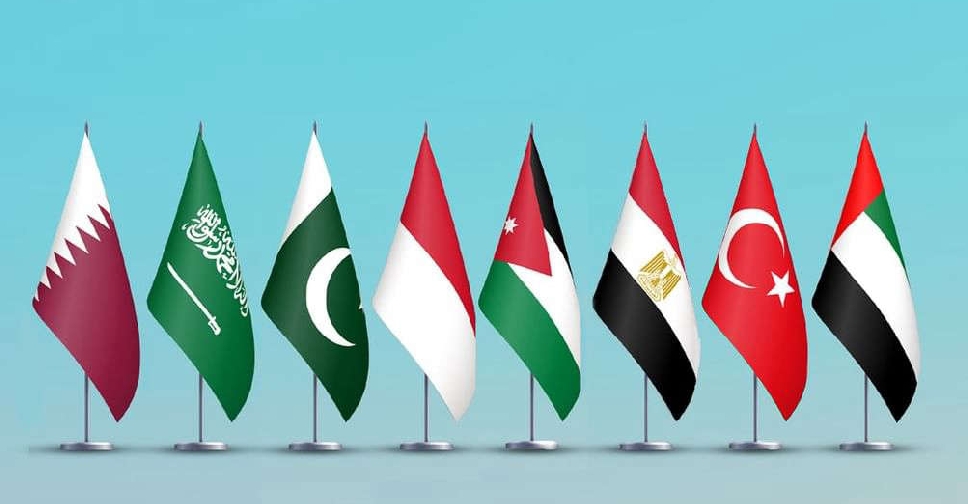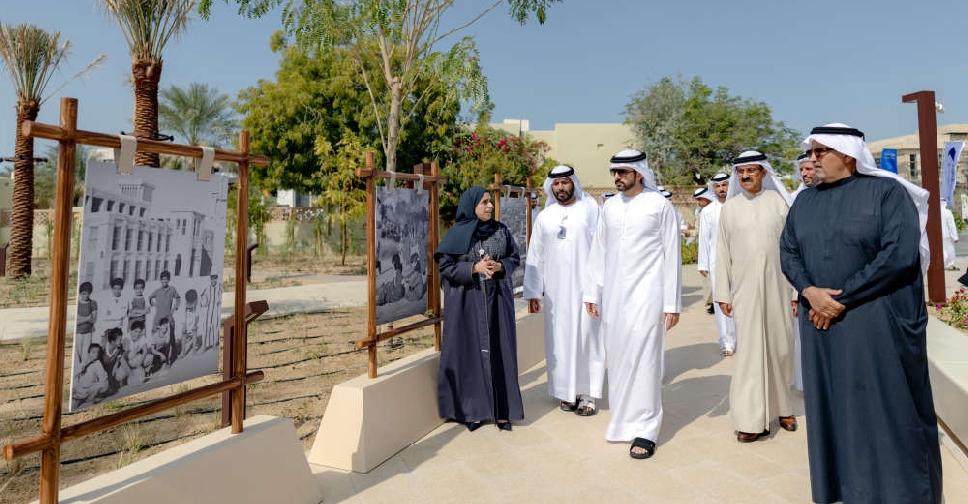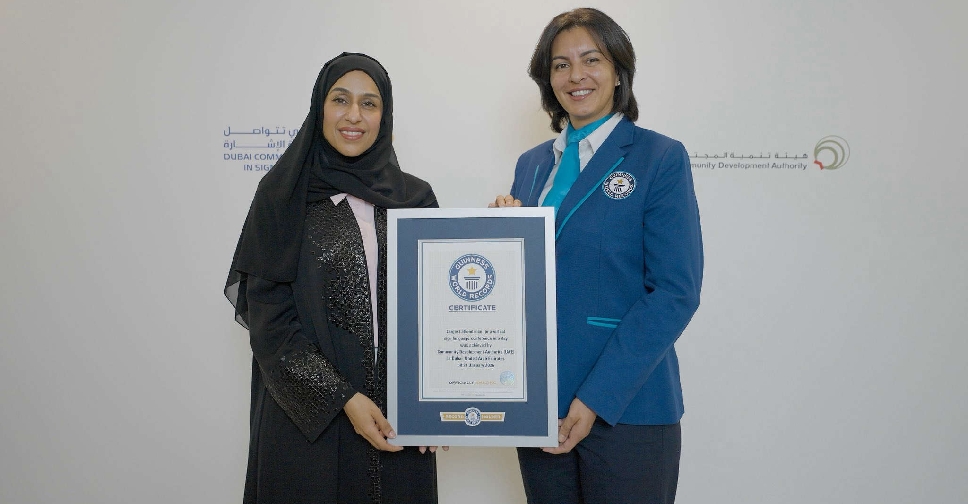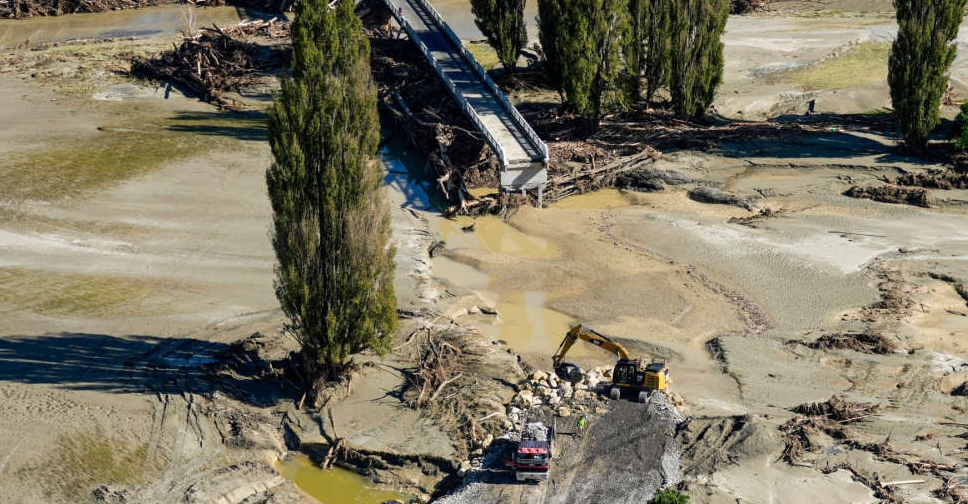
The number of people still "uncontactable" in the wake of Cyclone Gabrielle that lashed New Zealand two weeks ago has dropped to 23, New Zealand police said on Friday.
Police have been working to reach people that friends or family had registered as uncontactable. The number of people uncontactable topped 6,000 following the cyclone as communications were cut off to many areas.
"Getting in touch with those remaining 23 remains a priority for police and we are working as fast as we can, using a number of different methods," the police said in its statement.
Gabrielle hit New Zealand nearly two weeks ago causing widespread havoc across the country's North Island, leaving at least 11 people dead and displacing thousands.
Parts of Hawke's Bay region, on the east coast and one of the worst hit areas, is currently experiencing heavy rains and the emergency management group has ordered the evacuation of people in the vicinity of a river in the region.
The wild weather also triggered flash floods and evacuation warnings in and around Auckland, also on the North Island and home to a third of the country's population. Local media report people being rescued from cars stranded by rising water.


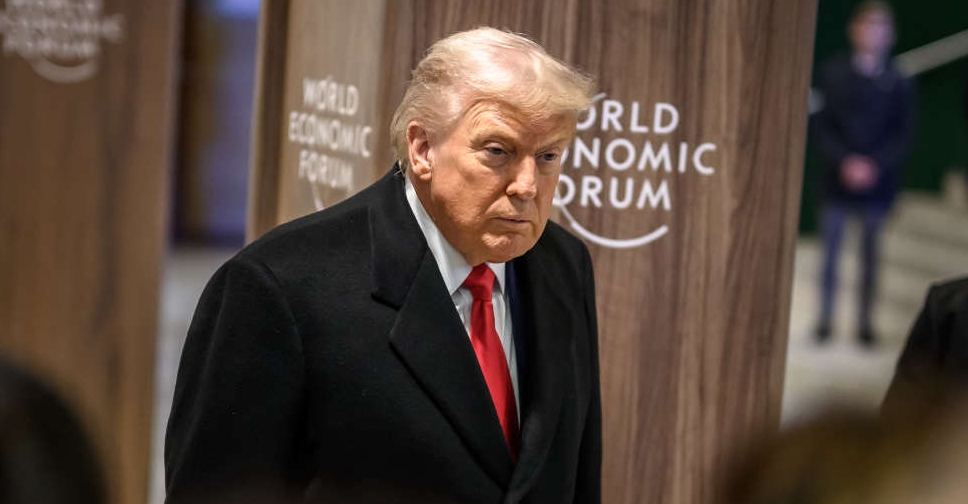 Trump backs down on Greenland tariffs, says deal framework reached
Trump backs down on Greenland tariffs, says deal framework reached
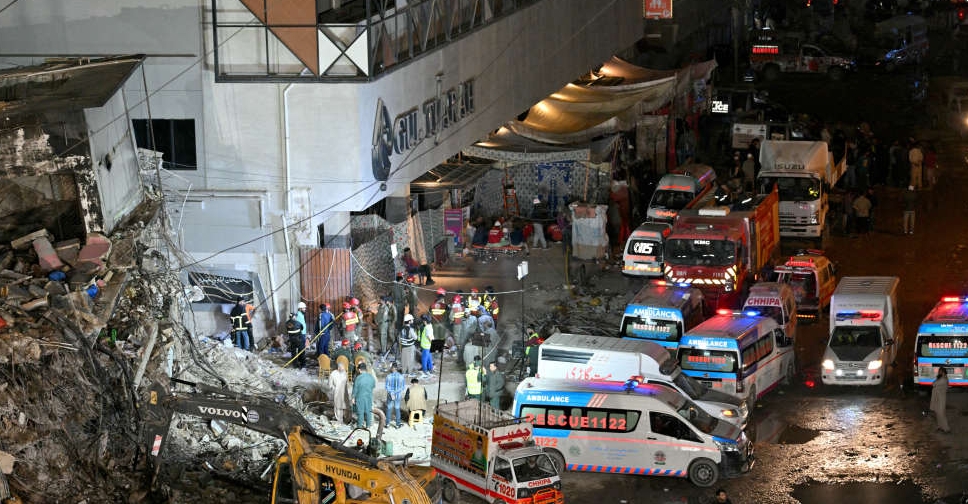 Death toll in Karachi mall fire climbs to around 50, official says
Death toll in Karachi mall fire climbs to around 50, official says
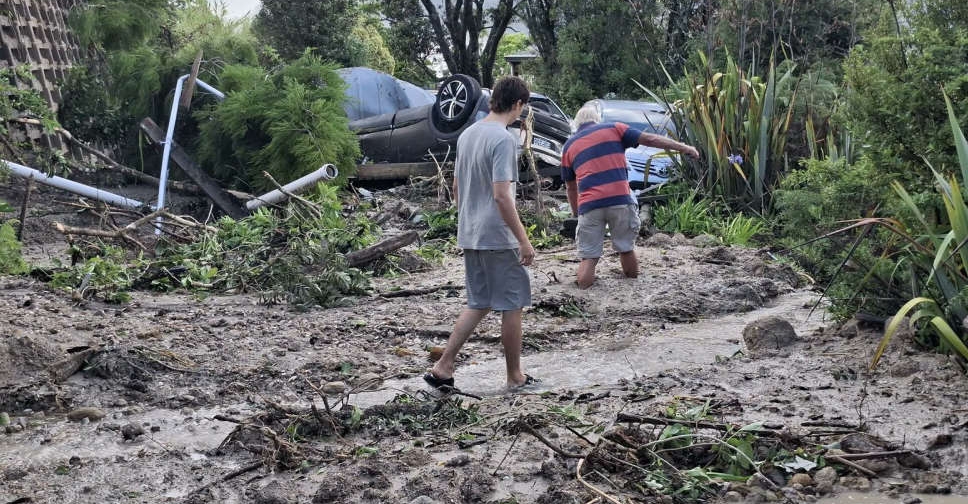 Rescuers search for survivors after landslide at New Zealand campsite
Rescuers search for survivors after landslide at New Zealand campsite
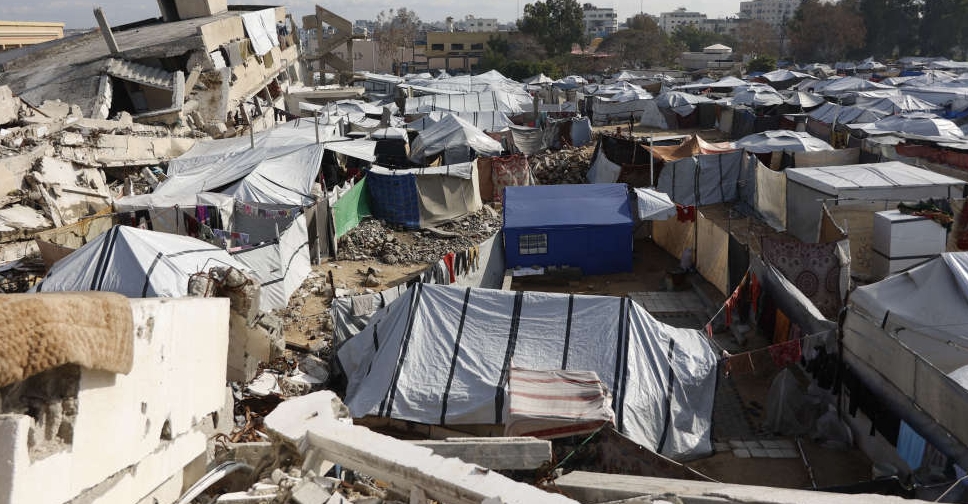 Israeli fire kills 11 Palestinians, Gaza medics say
Israeli fire kills 11 Palestinians, Gaza medics say
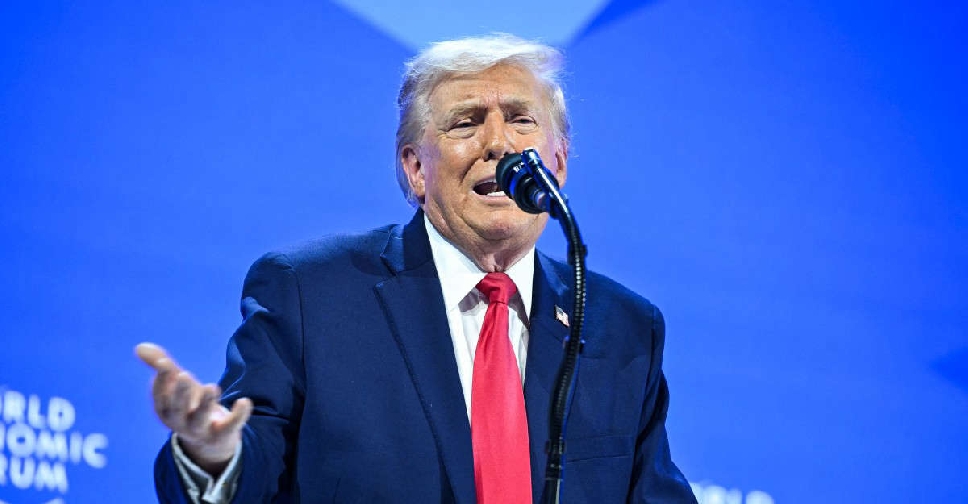 Trump says US will not use force to acquire Greenland
Trump says US will not use force to acquire Greenland
